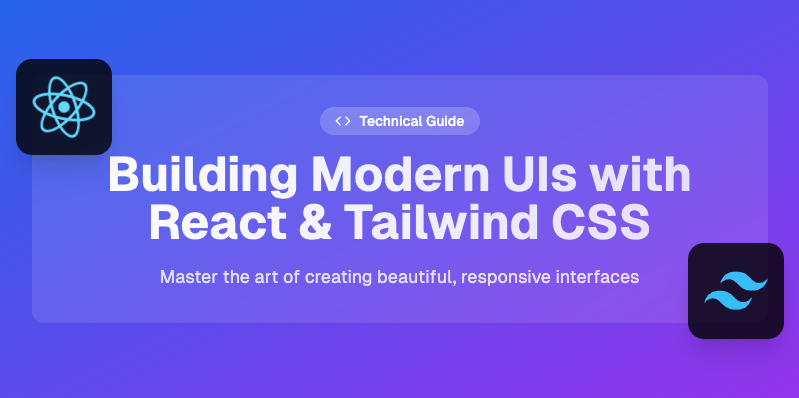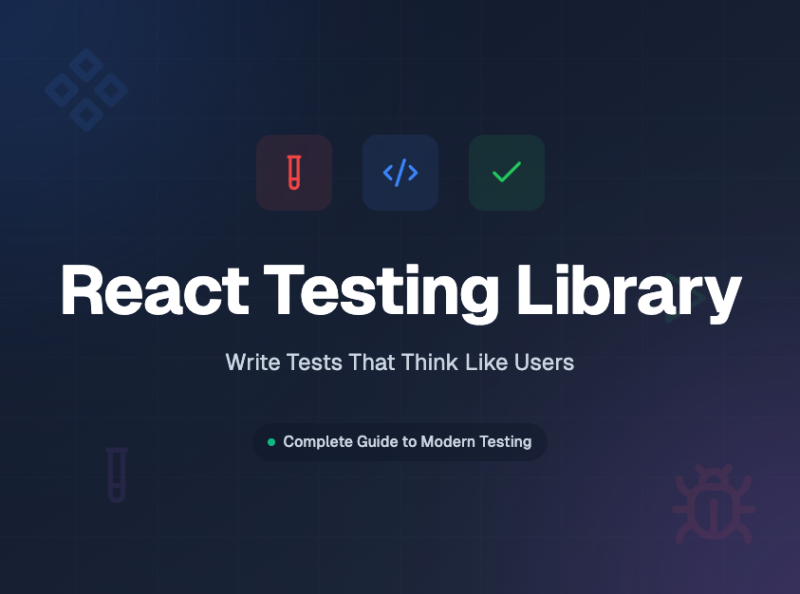Growing to Tech Lead
This Deep Dive covers all the aspects of Software Engineer's growth into Tech Lead and Staff positions. Learn directly from distinguished engineers which foundational hard and soft skills you must invest in to accelerate carreer growth.
Become an irreplaceble engineer - attend events, discussions and workshops throughout the year together with your peers and field experts.
- Talk: 5 Tough Conversations Managers Need to Have
- Talk: Leadership Insights From Growing 2X in 8 Months
- Talk: How AI is Impacting Engineering Leadership
- Talk: Staying Human in the Age of AI: What Tech Leaders Need to Preserve
- Talk: Thinking Like an Architect
AI Assisted Coding
Learn how to navigate rapidly evolving evolution of developer tools supercharged by AI instruments. From writing efficient prompts, to delegating work via agents and automated code reviews.
Follow this Deep Dive to see what the most productive teams and developers are using in practice and how to apply this in your daily tasks.
- Talk: Design to Code Using a Custom Design System with AI
- Talk: The AI-Native Software Engineer
- Talk: Sub Agent Context Sharing: How to Enable Effective Sub Agents for Coding
- Workshop: Advanced Claude Code Techniques: Agentic Engineering With Context Driven Development
- Workshop: Model Context Protocol (MCP) Deep Dive: 2-Hour Interactive Workshop
Mastering Full-stack
With an increasing demand for Software Engineers capable of solving a wider array of tasks, it's crucial to quickly adapt to changing landspace and cover Full-stack fundamentals.
Every year we see more developers identifying themselves as Full-stack, learn what real-life practitioners are focusing in their roles and focus on what's important.
This Deep Dives explores everchanging role of a Full-stack developer in the age of AI assisted development.
- Talk: React Server Components in Kubernetes: Ship Happens
- Talk: Node.js: More Threads Than You Think
- Talk: What Happens When an AI Has Access to a Node.js Environment? Spoiler: Wild Things
- Talk: Meta Framework for Kubernetes: TypeScript Meets Cluster Control
- Workshop: Exploring Server Side Rendering



























































You'll discover:How qu...
Subscribe to the top JS conferences
and grow in-depth as engineer with insights from library authors and core teams
Learn more



































































